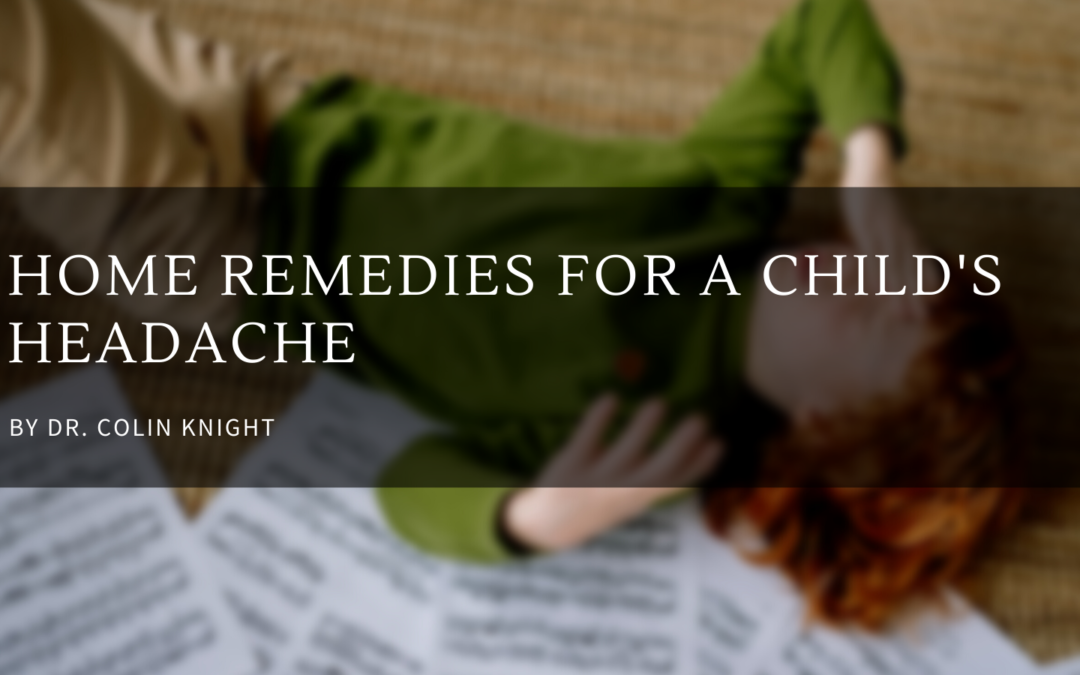Headaches can occur in younger people more often than parents may think. There are many different causes of headaches, including lack of rest, dehydration, and anxiety. If your child has a headache every now and then and you’ve ruled out other concerning causes, you can treat your little one’s headache at home.
Here are some practical tips for helping your child feel better.
Types of Headaches Children Experience
Children’s headaches are either primary or secondary. A primary headache is not connected to another health condition. It can include tension headaches that aren’t accompanied by other symptoms and migraines accompanied by sweating, nausea, and changes in vision.
Secondary headaches are not as common in children. Common causes of secondary headaches include dehydration, not having enough water, and caffeine withdrawal. Rarely, secondary headaches are caused by abnormal brain structures or other underlying health conditions.
Using Home Remedies to Treat a Child’s Headache
If your child doesn’t need medical attention to treat his or her headache, you can try to alleviate the discomfort at home.
Getting some rest in a quiet, dark room can help. You can also apply a cool compress to your child’s eyes or forehead or place the compress on the back of his or her neck. Or you can use a warm compress on the child’s neck or have them take a shower or bath.
If your child is fussy, you can try relaxation techniques like deep breathing, playing calm music, or muscle relaxation. Check to see if your child is hungry or thirsty, and offer him or her a small meal, water, or juice.
If your child’s headache still hasn’t gone away, give them acetaminophen or ibuprofen at the appropriate dose. Don’t give aspirin to individuals under the age of 18 since this could lead to Reye syndrome, which can be fatal.
Treating Severe Symptoms
You should call your pediatrician or consider taking your child to the hospital if your child is still suffering from a headache. If your son or daughter is vomiting, lethargic, has blurred vision, has pain that wakes him or her up, or is suffering from a fever or sinus pain, get medical care as soon as you can.
